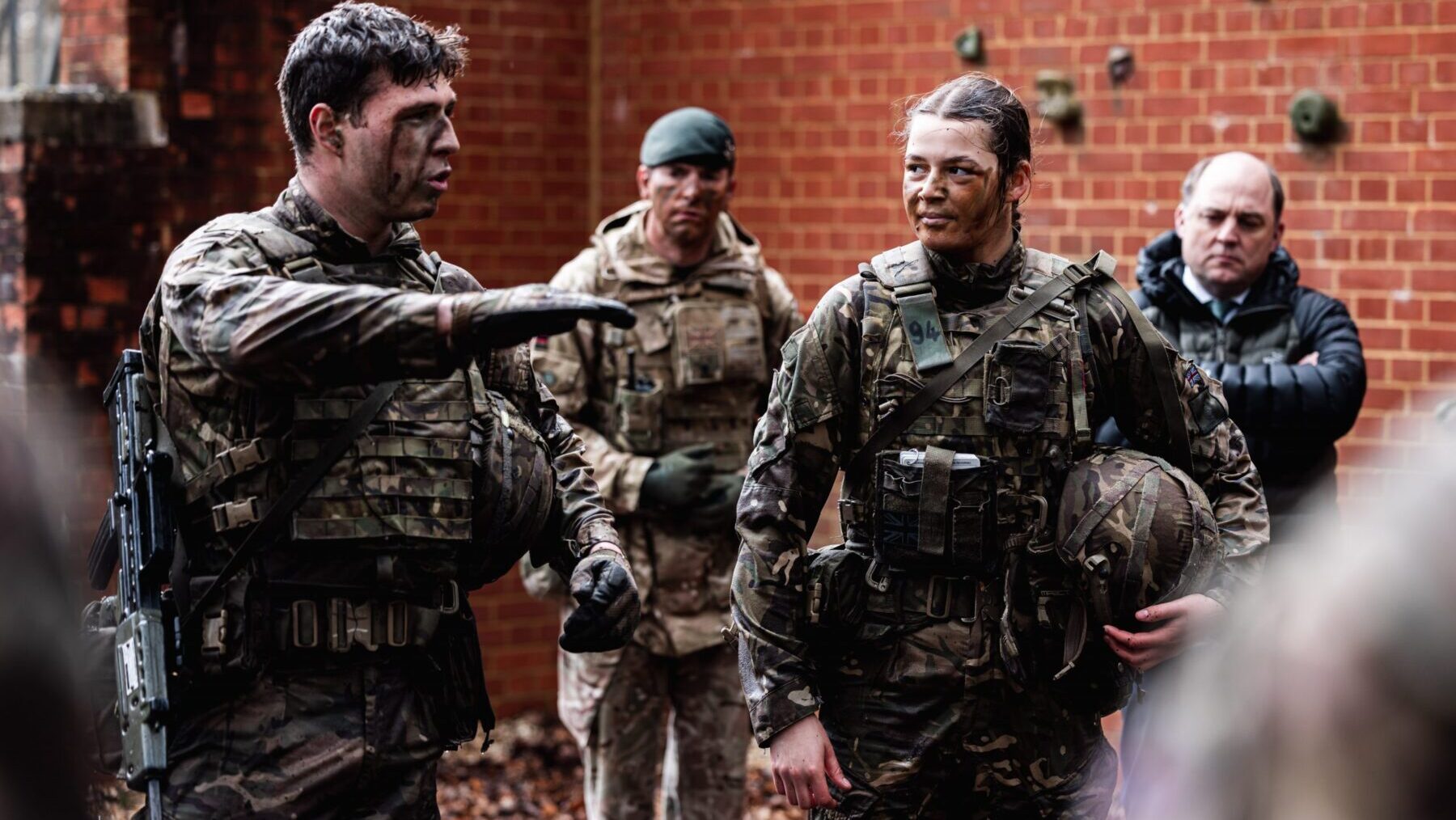
Armed Forces Day is a chance for the public to show their support for the men and women who make up the Armed Forces community: from currently serving personnel to Service families, veterans, and cadets.
It also marks the culmination of a week of celebrations, beginning on Monday 24 June, when the public show their appreciation for the military family. It also includes Reserves Day (26 June), which provides the country with an opportunity to recognise our Reserve Forces.
Showing support for the Armed Forces provides a much-valued morale boost for serving personnel, veterans and their families. However, supporting our sailors, soldiers and aviators goes beyond Armed Forces Day. In fact, the Government, local communities and businesses across the UK have committed to supporting Armed Forces personnel past and present by signing up to the Armed Forces Covenant.
The Covenant, in essence, is a promise that together we acknowledge and understand that those who serve or have served in the Armed Forces, and their families, should be treated with fairness and respect in the communities, economy, and society they serve with their lives.
Its two principles are that, recognising the unique obligations of, and sacrifices made by, the Armed Forces:
- Those who serve in the Armed Forces, whether Regular or Reserve, those who have served in the past, and their families, should face no disadvantage compared to other citizens in the provision of public and commercial services.
- Special consideration is appropriate in some cases, especially for those who have given most such as the injured and the bereaved.
Good for business
However, there is more here than simply showing respect and ensuring fairness – increasingly, employers are waking up to the fact veterans are good for business, a fact borne out by the fact that a great many Covenant pledges are centred around employment.
The British Armed Forces are often referred to as ‘the best trained workforce in the world’, but what can a business expect when hiring people from a military background? First off, be prepared for an almost encyclopaedic range of specialised skills: the modern military trains and develops people in fields as diverse as cyber security, medicine, logistics, catering, management, communications, and much more. Beyond job-specific skills, people who have served in uniform have qualities – or soft skills – that are extremely attractive to potential employers. Ask anyone who has hired a veteran to put a name to these skills or values and you will almost always hear the following:
- Integrity
- Can-do attitude
- Resilience
- Dedication
- Calm under pressure
- Team player
- Respect for others
- Loyalty
Leadership is where veterans truly shine
Another recurring theme is leadership, and this is where veterans truly shine. The military training programme is constant and relentless and operates under an ‘education for promotion’ system. You do your basic training, you learn, you go to your unit to work with your team. After that you do a course and get promoted. You go back to your unit and put into practice what you’ve learned, train and lead others, do another course and get promoted.
However, you cannot lead people beyond where you can and are willing to go yourself – this is why military leaders are role models and must actively demonstrate the above values in everything they do. By consistently doing so, they will be considered an authentic leader who ‘Walks the Walk’ as well as one who ‘Talks the Talk’ – this promotes integrity. Leaders who lead by example also inspire courage and selfless commitment.
The brain, like a muscle, develops through use. Military leaders encourage those they lead to think by giving them problems that stretch them. ‘Thinking outside the box’, finding an innovative solution to a problem is a fine quality in a serviceman or woman. Giving people the opportunity to think and suggest ideas demonstrates respect for others. This, in turn, generates trust and confidence which builds loyalty.
It is human nature to enjoy being praised, and reward recognises effort. This inspires further endeavour and motivation to do even better. Leaders must apply a full range of rewards, from formal recognition to timely and regular verbal praise. The military are taught that recognition should be positive and assist the individual or team in enhancing their performance even more. The correct application of reward promotes loyalty and respect for others.
Do these sound like qualities you’d like to see in your organisation? Could you use some integrity, loyalty, resilience, and leadership in your teams? Hiring Veterans is good for business – it really is that simple.
Notes: This article first appeared on HRreview 26 June 2024.
Image: UK Defence Secretary, Ben Wallace, visiting the Royal Military Academy Sandhurst.